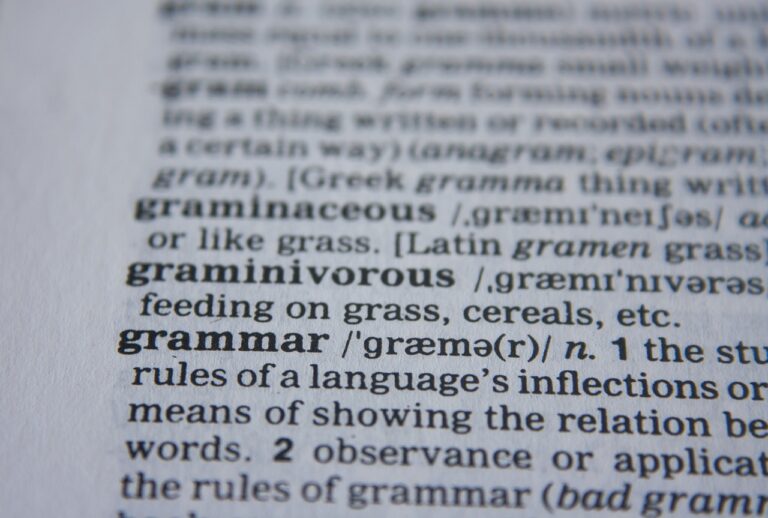Promoting Positive Peer Relationships Through Team-Building Exercises: 11xplay.com login, India24bet 24, Skyexchange fair
11xplay.com login, india24bet 24, skyexchange fair: Team-building exercises are a great way to promote positive peer relationships in any setting, whether it be in the workplace, school, or community group. By engaging in activities that require collaboration, communication, and teamwork, individuals can strengthen their bonds with one another and improve their overall working dynamic.
Here are a few reasons why team-building exercises are essential for fostering positive peer relationships:
1. Establishing Trust: Team-building exercises often involve activities that require individuals to rely on one another. By working together to achieve a common goal, participants can build trust and confidence in their peers.
2. Improving Communication: Effective communication is key to any successful relationship. Team-building exercises can help individuals practice their communication skills and learn how to effectively convey their ideas and thoughts to their peers.
3. Encouraging Collaboration: Collaboration is essential in today’s interconnected world. Team-building exercises provide the perfect opportunity for individuals to work together towards a common objective, fostering a sense of collaboration and unity among peers.
4. Building Empathy: Through team-building exercises, individuals can gain a better understanding of their peers’ strengths, weaknesses, and perspectives. This can help foster empathy and compassion towards one another, leading to stronger relationships.
5. Enhancing Problem-Solving Skills: Team-building exercises often present challenges that require individuals to think creatively and problem-solve together. By overcoming obstacles as a team, participants can develop their problem-solving skills and learn how to work through difficulties with their peers.
6. Boosting Morale: Engaging in fun and engaging team-building exercises can boost morale and create a positive atmosphere among peers. This can lead to increased motivation, productivity, and a greater sense of camaraderie within the group.
In conclusion, team-building exercises are a valuable tool for promoting positive peer relationships in any setting. By fostering trust, improving communication, encouraging collaboration, building empathy, enhancing problem-solving skills, and boosting morale, individuals can strengthen their bonds with their peers and create a more positive and supportive working environment.
FAQs:
Q: What are some examples of team-building exercises?
A: Some examples of team-building exercises include trust falls, scavenger hunts, escape rooms, group problem-solving activities, and outdoor adventure challenges.
Q: How often should team-building exercises be conducted?
A: The frequency of team-building exercises can vary depending on the group’s needs and goals. Some organizations may choose to incorporate team-building activities into their regular schedule, while others may opt for quarterly or annual events.
Q: Are team-building exercises effective for all age groups?
A: Yes, team-building exercises can be beneficial for individuals of all age groups. Whether in school, the workplace, or a community group, team-building exercises can help strengthen relationships and improve communication among peers.







